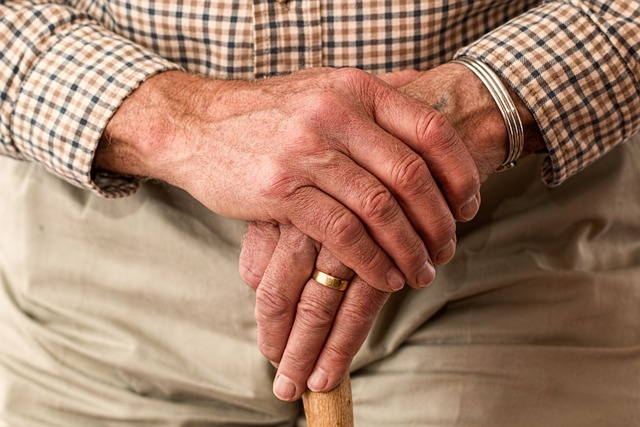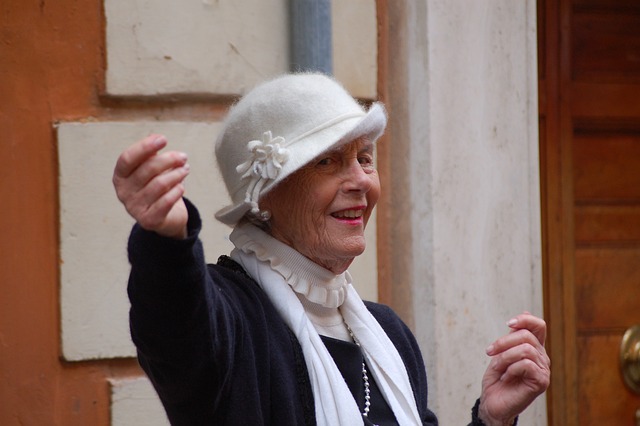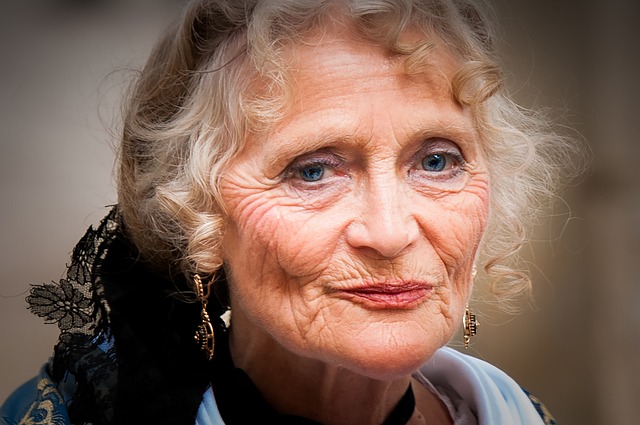Elderly companion services provide tailored in-home care that supports the independence, well-being, and autonomy of seniors. These personalized services assist with daily living tasks such as meal preparation, light housekeeping, and medication management, while also offering transportation for errands and medical appointments. The social interaction provided by these companions is crucial for preventing isolation, enhancing mental and emotional health, and providing meaningful engagement. These services offer a dignified alternative to institutional care, allowing seniors to age in place with care that respects their individual preferences and routines. They ensure quality of life through adaptable assistance, fostering security and comfort while maintaining independence. Additionally, these services support better communication with healthcare professionals, leading to improved medical care and chronic condition management. With a focus on dignity, companionship, and practical support, elderly companion services represent a comprehensive approach to eldercare that integrates seamlessly into daily home life, offering peace of mind to families and evolving to meet the changing needs of seniors with the highest standard of care. These services are backed by highly trained professionals who undergo rigorous training and continuous professional development, ensuring they adhere to best practices in elderly companion care.
As the global population ages, the demand for elderly companion services at home has grown significantly, reflecting a shift towards aging in place with dignity and comfort. This article delves into the multifaceted role of elderly companion services, emphasizing their significance in providing personalized care and fostering independence among seniors. We will explore the comprehensive benefits of in-home companion care, the key features that define top-tier programs, and the transformative impact these services can have on senior well-being. From the essential training and qualifications of service providers to the integration of technology, safety measures, and financial considerations, this piece offers a holistic view of how elderly companion services enhance the lives of the elderly. Additionally, we will examine case studies that illustrate successful aging with companion services, look ahead to future trends, and address prevalent concerns, ensuring readers are well-informed about making the best choice for their loved ones.
- Understanding the Role of Elderly Companion Services
- The Benefits of In-Home Companion Care for the Elderly
- Key Features of Comprehensive Elderly Companion Programs
- Personalized Care Plans in Elderly Companion Services
- Training and Qualifications of Elderly Companion Service Providers
Understanding the Role of Elderly Companion Services

Elderly companion services play a pivotal role in the lives of seniors who require assistance and companionship within the comfort of their own homes. These services are designed to provide a supportive environment that allows elderly individuals to maintain their independence while offering peace of mind to both them and their families. A key aspect of these services is the provision of personalized care tailored to each senior’s unique needs, preferences, and routines. Companions can assist with daily tasks such as meal preparation, light housekeeping, medication reminders, and transportation for errands or medical appointments. Beyond practical support, these services offer valuable social interaction, which is crucial for mental well-being and emotional health. The companionship aspect ensures that seniors have regular engagement, fostering a sense of connection and reducing the risks associated with isolation and loneliness. By integrating specialized care with meaningful companionship, elderly companion services are instrumental in enhancing the quality of life for older adults, enabling them to age in place with dignity and fulfillment. These services are not merely an alternative to traditional nursing homes or assisted living facilities; they represent a comprehensive approach to eldercare that respects the autonomy and wishes of the senior while providing a robust support network.
The Benefits of In-Home Companion Care for the Elderly

In-home companion services offer a multitude of advantages for the elderly, enhancing their quality of life and providing them with the necessary support to age with dignity in familiar surroundings. These services are tailored to meet the individual needs of seniors, offering companionship that can alleviate feelings of loneliness and isolation, which are common challenges faced by the aging population. With personalized care plans, companion service providers assist with daily activities, ensuring a consistent routine that promotes health and well-being. This attentive care allows elders to maintain their independence for longer, fostering a sense of security and comfort within their own homes. Moreover, these services often incorporate social engagement opportunities, which are crucial for cognitive stimulation and emotional well-being. The presence of a compassionate companion can also facilitate better communication with healthcare professionals, leading to more effective medical care and management of chronic conditions. Elderly companion services at home thus represent a holistic approach to eldercare, blending companionship with practical support to enhance the golden years of life.
Furthermore, elderly companion services at home provide families with peace of mind, knowing that their loved ones are not only safe but also receiving care from trained professionals who can adapt to changing needs over time. These services offer a flexible range of assistance, including help with medication management, meal preparation, light housekeeping, and personal hygiene. The adaptability of these services ensures that as an elder’s requirements evolve, the level of support provided can be adjusted accordingly. This continuity of care minimizes disruptions to the elder’s lifestyle and fosters a stable environment conducive to their health and happiness. The integration of elderly companion services into daily life at home offers a compassionate and practical solution that respects the autonomy and preferences of seniors, making it a compelling choice for those looking to age in place with comfort and dignity.
Key Features of Comprehensive Elderly Companion Programs

Elderly companion services at home are designed to provide seniors with the support and companionship they need to maintain their independence and quality of life. These programs offer a range of key features that cater to the diverse needs of aging individuals. One such feature is personalized care planning, where services are tailored to the specific health, social, and lifestyle preferences of each senior. This ensures that the assistance provided aligns with their unique requirements and promotes their well-being. Additionally, these programs often include highly trained caregivers who are not only skilled in providing companionship but also adept at assisting with activities of daily living, such as meal preparation, medication management, and light housekeeping. This holistic approach to care allows seniors to age in place with dignity and security.
Furthermore, comprehensive elderly companion programs often incorporate technological solutions to enhance the quality of service delivery. Telehealth services enable real-time monitoring of health conditions and timely medical interventions when necessary. Moreover, these services may offer access to virtual social gatherings, which help in preventing isolation and loneliness among seniors. Safety features such as emergency response systems are also integral, providing a sense of security for both the elderly and their loved ones. The integration of these elements within elderly companion services at home ensures that seniors receive consistent, high-quality care tailored to their evolving needs.
Personalized Care Plans in Elderly Companion Services

Elderly companion services at home are increasingly adopting personalized care plans to cater to the diverse and evolving needs of seniors. These tailored approaches ensure that each individual receives attention and assistance that align with their unique lifestyle, health conditions, and preferences. A thorough assessment conducted by compassionate caregivers forms the foundation of these care plans, taking into account the senior’s medical history, dietary requirements, social interests, and daily routines. By collaborating closely with clients and their families, elderly companion services can adapt the plan over time, responding to changes in health or personal circumstances. This individualized attention not only promotes autonomy but also fosters a meaningful human connection, which is crucial for mental well-being and emotional fulfillment in the golden years. The goal is to provide a supportive environment that respects the dignity and independence of each senior, allowing them to live comfortably and safely within their own homes. With the integration of technology and innovative care strategies, these services strive to deliver the highest standard of care, ensuring that every aspect of an elderly person’s well-being is addressed holistically. This personalized approach represents a significant step forward in eldercare, emphasizing the importance of customized solutions in maintaining quality of life for our aging population.
Training and Qualifications of Elderly Companion Service Providers

When considering the provision of elderly companion services at home, the training and qualifications of service providers are paramount to ensure the safety, comfort, and well-being of seniors. These professionals undergo specialized training programs designed to equip them with the necessary skills to support elderly individuals in a manner that respects their autonomy and dignity. The curriculum typically includes first aid and emergency response, communication techniques tailored for the elderly, understanding of age-related health conditions, and strategies for engaging in meaningful activities. Additionally, service providers must be adept at creating personalized care plans that cater to the unique needs and preferences of each client. Background checks, certifications from recognized bodies, and continuous professional development are also integral components of their qualification process. This commitment to high standards ensures that elderly companion services are delivered by competent individuals who can foster a positive and supportive environment for seniors in the comfort of their own homes.
Furthermore, the ongoing training emphasizes empathy, compassion, and cultural sensitivity to provide care that is both respectful and inclusive. Providers are also trained to collaborate with healthcare professionals, family members, and other stakeholders to ensure a holistic approach to elderly care. By maintaining up-to-date knowledge of best practices in elderly companion services, these professionals can offer peace of mind to both the seniors they serve and their families, knowing that they receive attentive, dignified, and personalized care at home.
In conclusion, elderly companion services at home represent a critical support system that enhances the quality of life for seniors. These tailored care solutions offer myriad benefits, from providing companionship to facilitating daily activities and ensuring a safe living environment. The integration of trained and qualified service providers who understand the nuanced needs of the elderly is paramount in delivering personalized care plans that align with individual preferences and health requirements. As such, these services not only foster independence but also contribute significantly to the well-being of our aging population. Elderly companion services, therefore, are an indispensable resource for families seeking to provide the best possible care for their loved ones within the comfort and familiarity of home.
